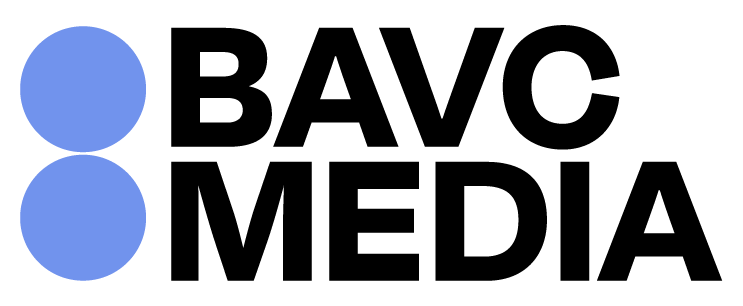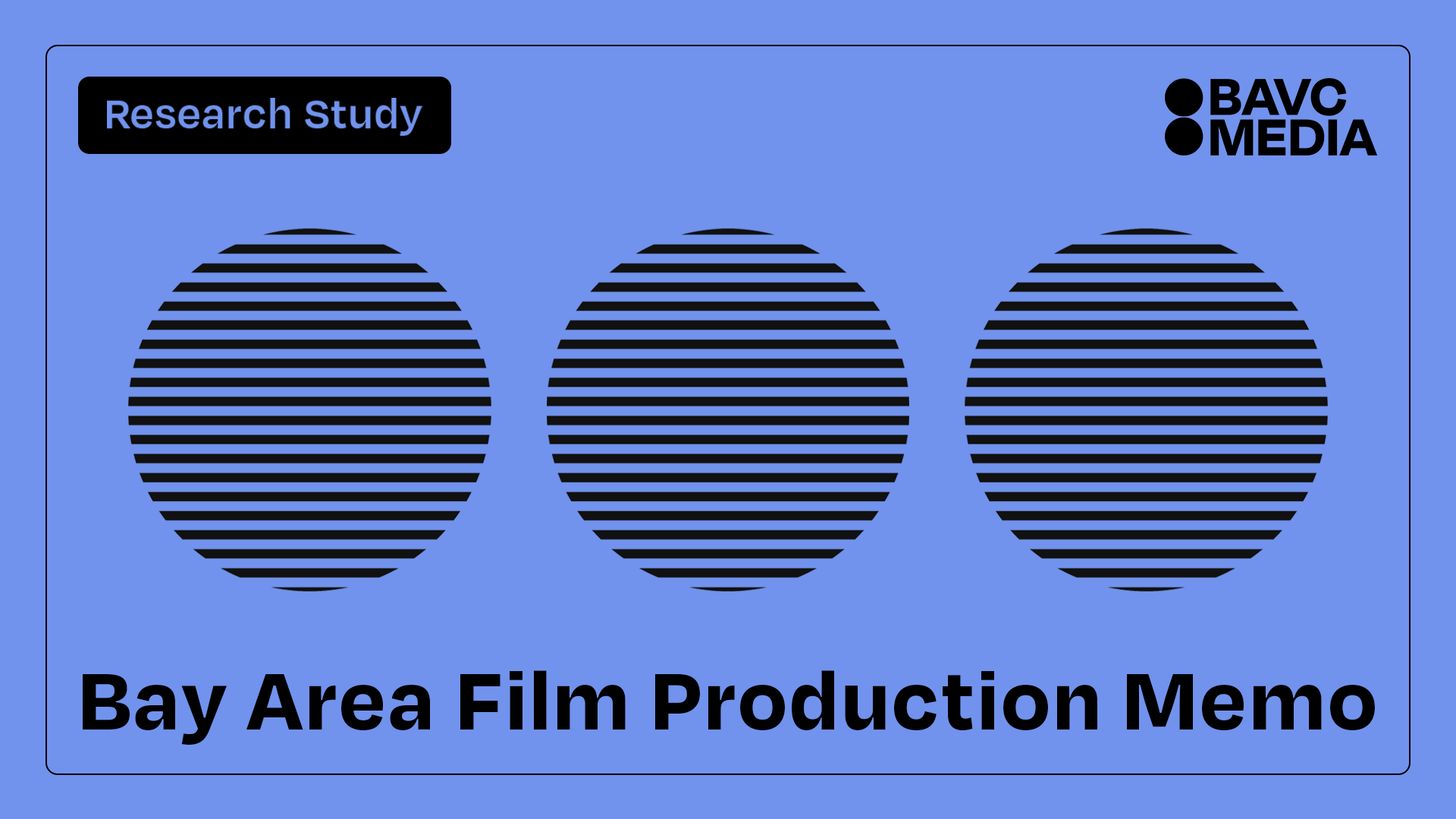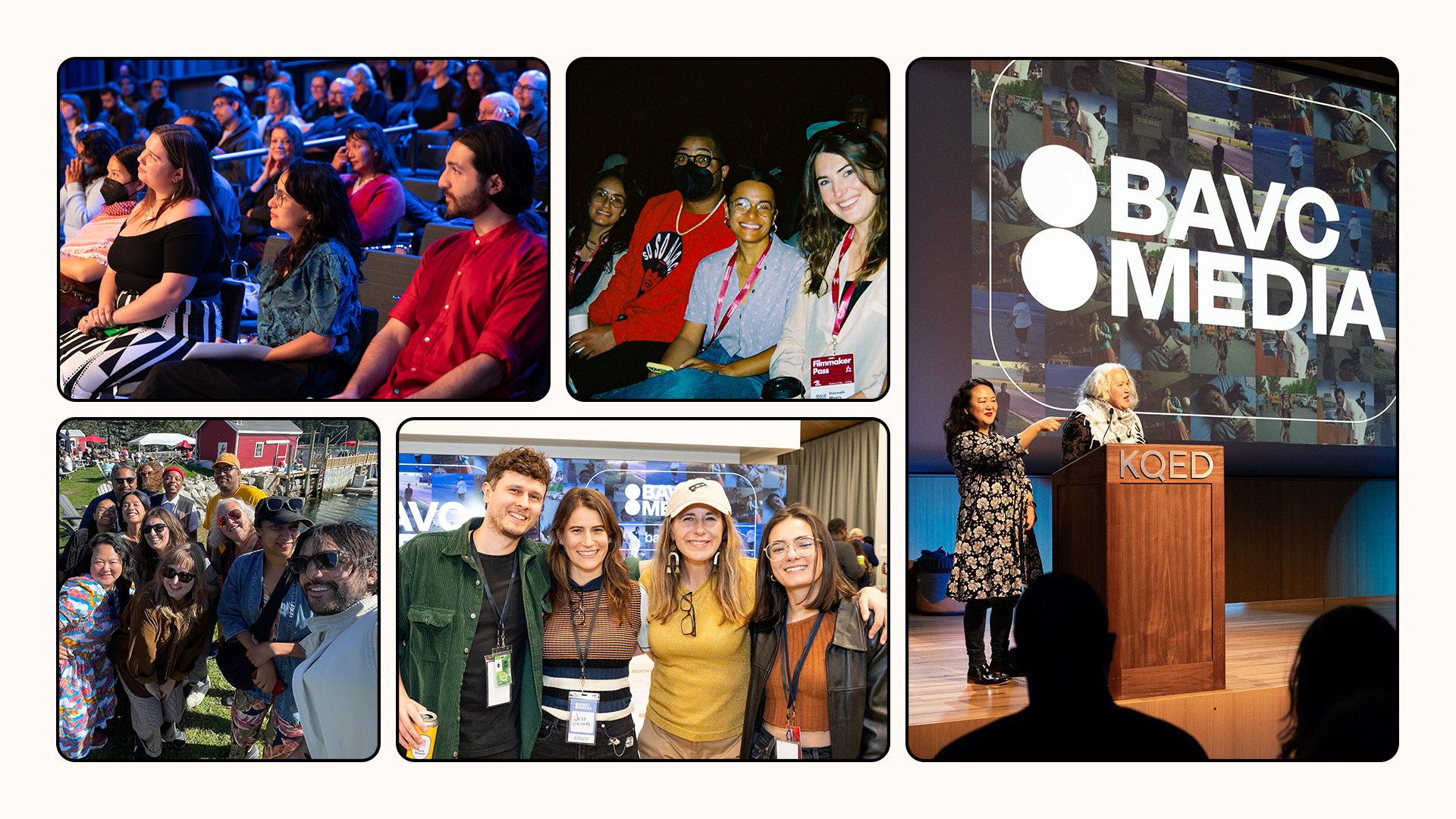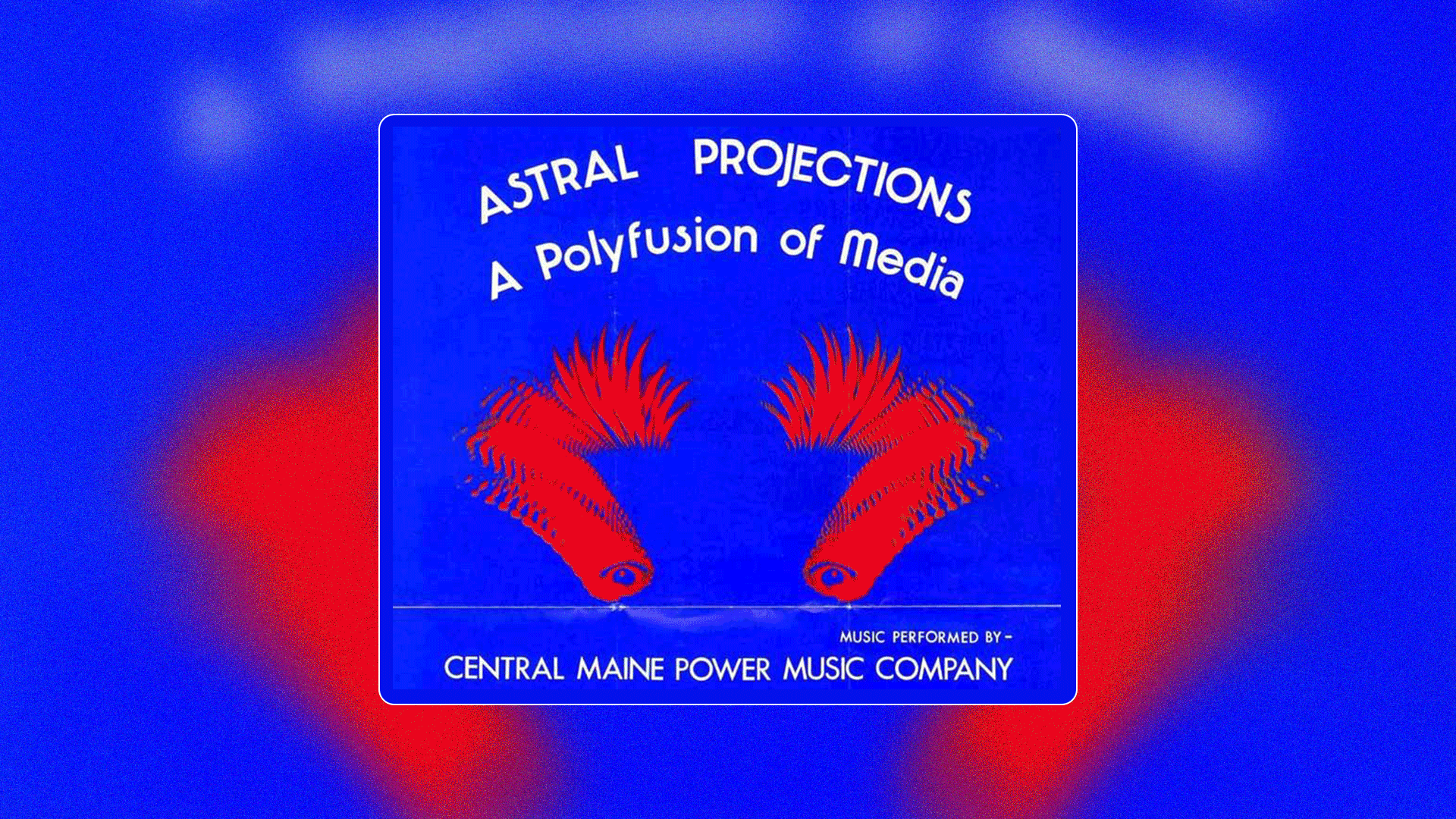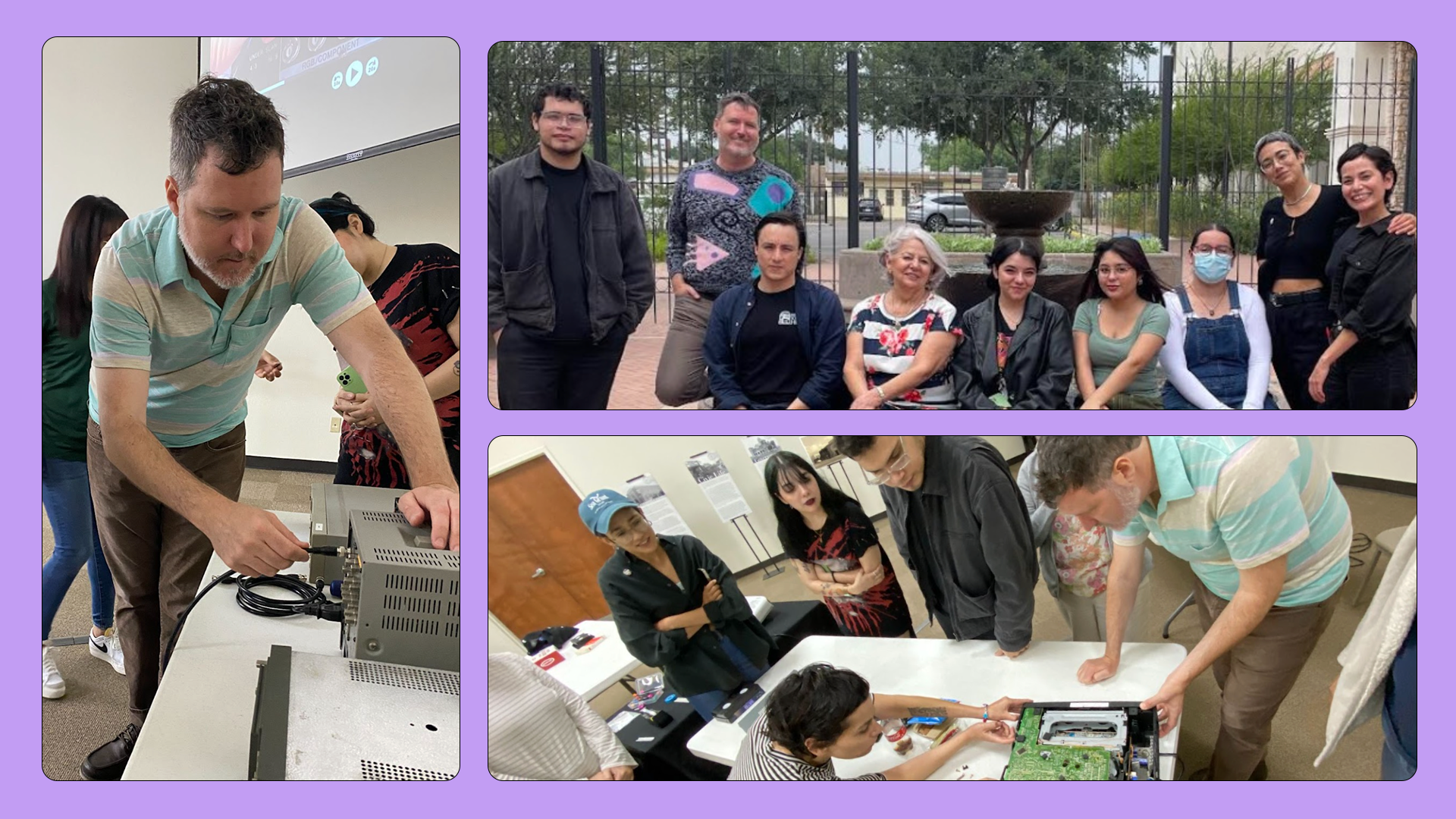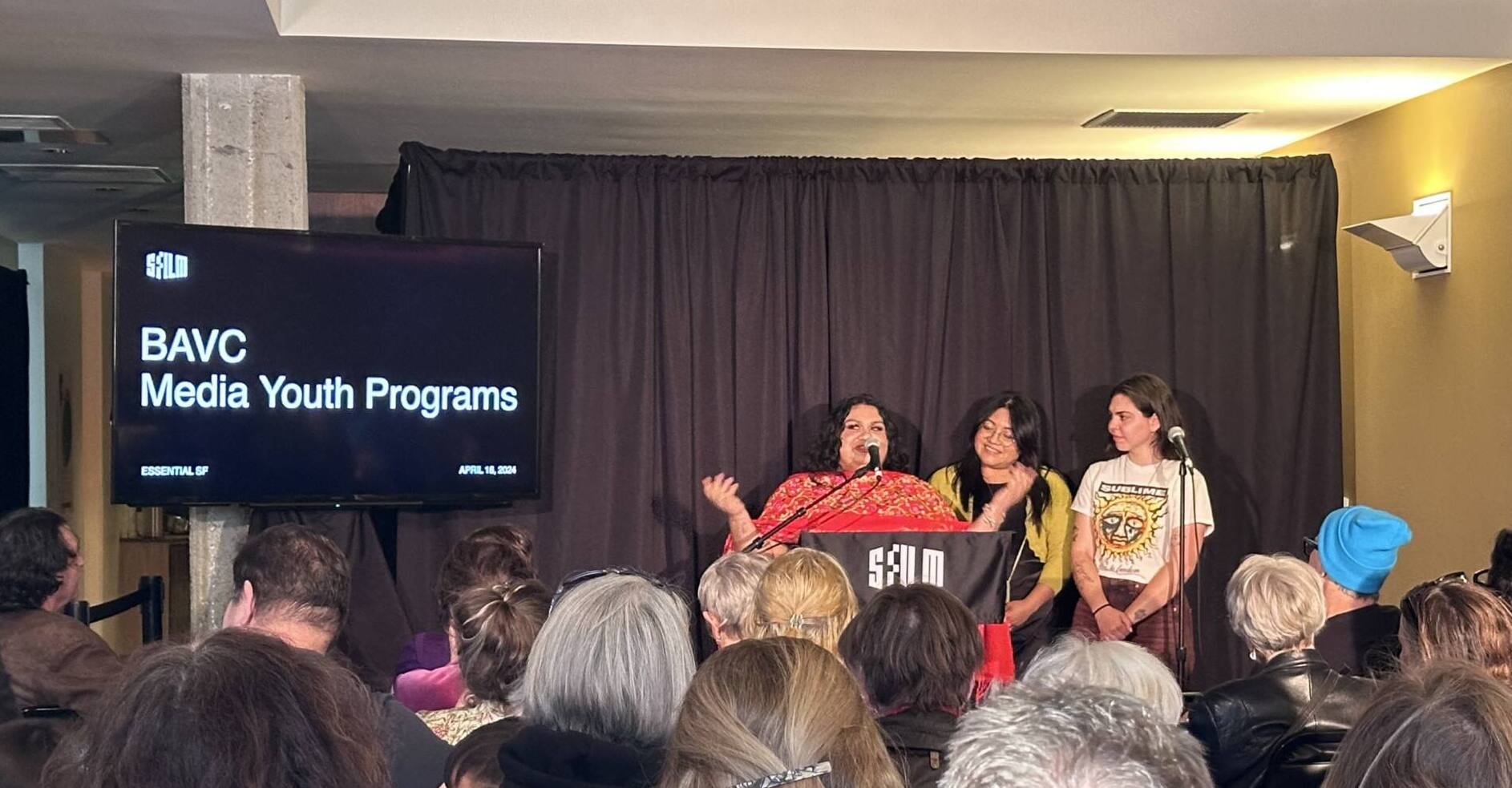The 13th Preservation Access Program recipients announced!
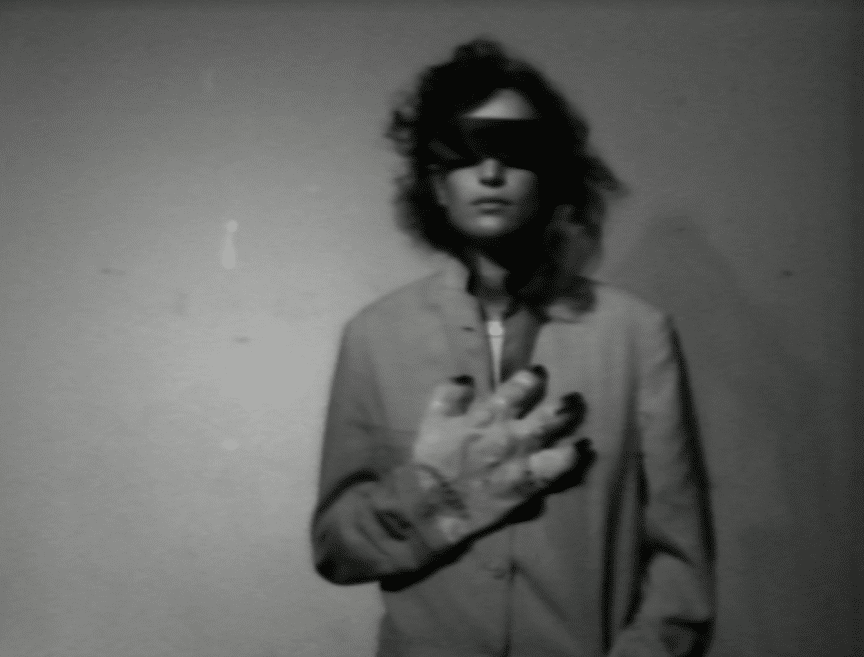
There is no doubt that recent events have thrown a curveball at everyone’s daily activities. Our team at BAVC Media Preservation wishes everyone a safe and healthy 2020 and we are grateful that our work to preserve and digitize important AV collections continues (albeit with modified workspaces). More than ever, documentation and learning are essential tools to collectively get us through uncertain times.
With that, we are proud to name this year’s list of extraordinary recipients whose media is to be preserved by BAVC Media’s 13th Preservation Access Program. This Program is generously funded by the National Endowment of the Arts and offers subsidized services to individual filmmakers, video artists, libraries, historical societies, and nonprofits.
You may have already seen video footage preserved under previous rounds of the Program, such as the ¼” open reel Camp Jened footage featured in Netflix’s CRIP CAMP: A DISABILITY REVOLUTION, the Kronos Quartet Documentary by Sam Green and Joe Bini called A THOUSAND THOUGHTS, and other rare collections which are now accessible online – We recommend checking out the San Francisco Poetry Center’s Archives where you can listen or watch groundbreaking live poetry readings by Black women including Maya Angelou or Audre Lorde dating back to the early 1970s!
This year’s recipients hold AV materials covering a range of in-depth topics, creative works, and recorded historical events. They are:
- Barbara Sonneborn is an Oscar-nominated documentarian for Regret to Inform, a powerful film exploring widows’ personal stories and stages of grief following the loss of their husbands to the Vietnam War. This film was originally produced in BAVC Media’s then state-of-the-art facility, and we’re happy to continue to be involved with the film’s lifecycle.
- Howard Gutstadt and Ben Levine of People’s Video Theater / Survival Arts Media, who’s archive includes footage used in the recently released documentary CRIP CAMP. Howard, Ben, and the rest of the People’s Video Theater traveled the United States in the early 70s capturing experimental multimedia performances and interviewing under-represented communities. By using the immediacy of the video medium, People’s Video Theater were able to show the interviewees their own faces on television, which before that point was impossible. Digitized content from the collection can be seen on their Vimeo page.
- Louise Ledeen began her professional career under the name Louise Etra. Along with her first husband, Bill Etra, and their partner, Steve Rutt, they developed the Rutt/Etra Video Synthesizer. Louise worked as a video artist and art curator in New York from the early 1970s through the early 1980s. Her work has been represented by Electronic Arts Intermix and had multiple showings at various museums and galleries including The Kitchen, a multi-disciplinary art and performance space in New York City.
- The Tretter Collection holds approximately 3,500 linear feet of material—including books, periodicals, grey literature, personal and organizational records, zines and pamphlets, artifacts and ephemera, and audiovisual materials. Although national and international in scope (featuring materials in approximately 58 languages), the Tretter’s holdings are especially strong in materials documenting the history of LGBTQ people, organizations, and communities in the Upper Midwest, especially the Twin Cities area.
- Palo Alto Historical Association collects, preserves, and makes accessible materials relating to the history and heritage of Palo Alto, CA. More about their collections and organization can be found here. This collection contains professionally taped performances presented by the Palo Alto Children’s Theatre, one of the few municipally supported children’s theatres in the nation, during the late 1980’s to mid 1990’s.
- Marielle Olentine is a seasoned multimedia storyteller and producer championing an observational approach to documentary filmmaking. In collaboration with Yusef Srouji and Zein Khleif, Olentine is working on a documentary film that documents Srouji’s family activities during Palestine’s Second Intifada. The tapes being preserved are the Srouji family home videos, which illustrates the under-documented human costs of armed conflict endured by an average family.
- Wisconsin Center for Film and Theater Research (WCFTR) is one of the world’s major archives of research materials relating to the entertainment industry. The collection in line for preservation at BAVC Media are from video artist Wendy Clarke. “The Love Tapes” were a participatory art project done by Wendy between 1977-2011. Anyone of any age and any background could make a “love tape” – people would sit by themselves in front of a camera and talk for three minutes about what love meant to them. Wendy traveled all over the country and tapes were made at the World Trade Center, in prisons, and many other venues.
- Sherry Erksine and Bonnie Sue Stein are multimedia artists whose collaborative partnership has produced a wide array of time-based and improvised performances documented to video since 1976. Their interdisciplinary careers have coincided at WELM-CATV, Arts Encounter Theatre Troupe, post-punk band Trainable, the Asia Society Performing Arts Center, Burren College of Art (IE) and GOH Productions (NYC). Materials digitized through the Preservation Access Program are gaining new life by being used in new and transformative works.
- San Francisco Art & Film was established in 1993 to make the arts a constant and inspiring presence in young people’s lives. Their motto is “we give you what school can’t” and they deliver on it by making over 100 first-rate cultural events available free-of-charge to Bay Area students every year. These events are chosen to stimulate students’ curiosity, excite their imaginations, and help them enter a wider world. SF Art & Film believes a steady stream of contact with the arts gives these students a context through which they can begin to understand their own lives and discover their own creative energies.
- Creativity Explored is a San Francisco Bay Area non-profit “committed to supporting people with developmental disabilities in their quest to become working artists, and to promoting their work as an emerging and increasingly important contribution to the contemporary art world.” They have a long-standing connection to San Francisco’s art and multimedia communities, and once had an artist-created tv show through Artists’ Television Access.
Join us in congratulating them!
You can learn more about the Preservation Access Program on our website, including how and when to apply for future rounds of subsidized funding. If you’re looking for online resources about preserving your media check out the AV Artifact Atlas, and AVCompass, which are being updated regularly during quarantine.
The Bay Area Video Coalition is a nonprofit operating since 1976. Like many creative and media-based institutions, we are grateful for your support. Please consider donating to help keep our operations, classes, and preservation work going strong. If you donate $25 or mroe you can request a preservation-themed enamel pin gift!
Image courtesy of the GLBT Historical Society

Image courtesy of the Catherine Galasso
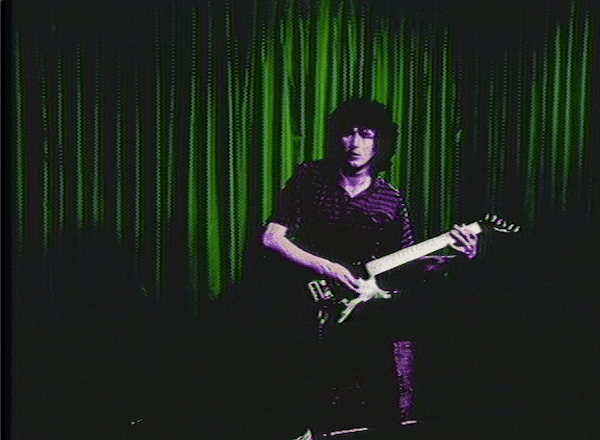
Image courtesy of the Tennessee Archival of Moving Image and Sound
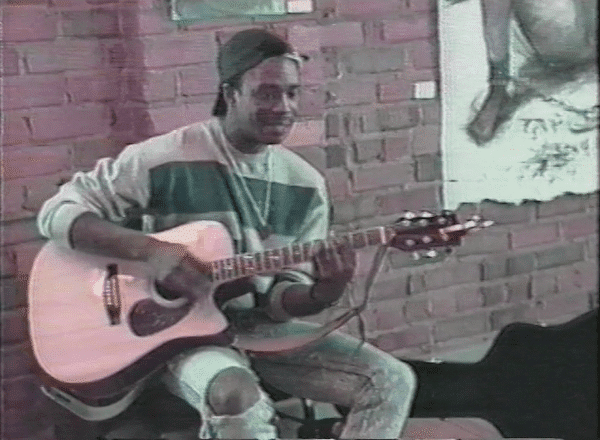
Image courtesy of the Tennessee Archival of Moving Image and Sound
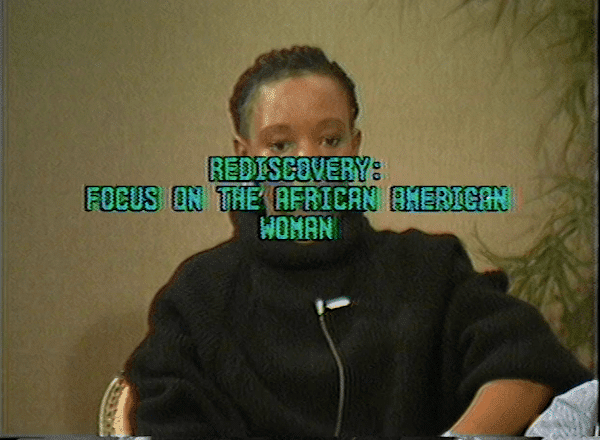
Image courtesy of the Tennessee Archival of Moving Image and Sound
